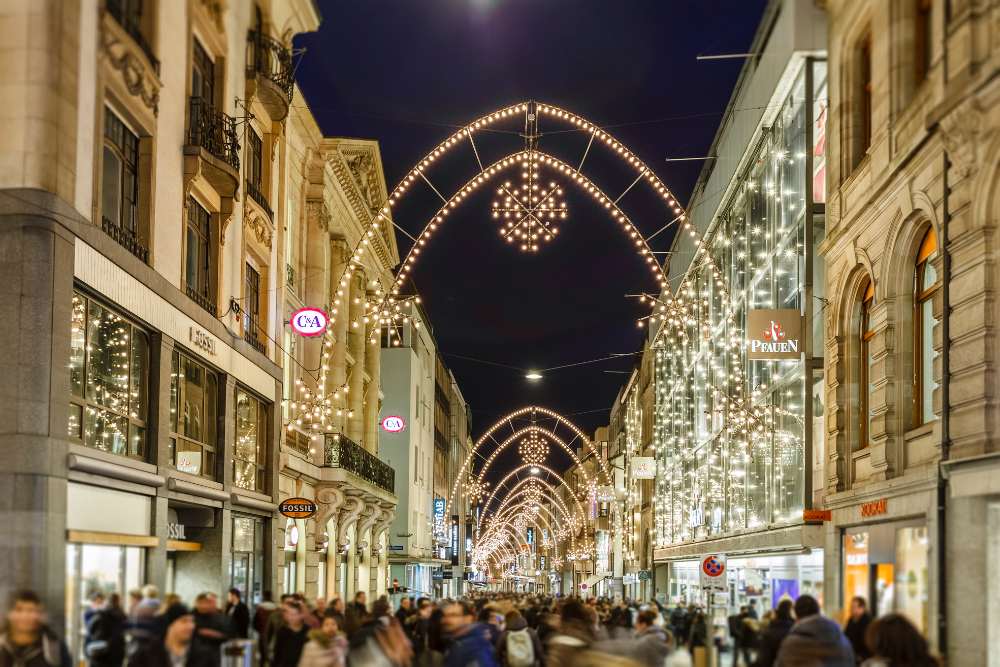Switzerland, a country renowned for its stunning natural landscapes and high-end ski resorts, is also a haven for cultural exploration. From its vibrant cities to picturesque villages, Switzerland boasts a rich heritage rooted in history, art, music, and traditions that offer visitors a chance to immerse themselves in its unique culture. Whether you’re interested in learning about Swiss traditions, tasting local delicacies, or experiencing local festivals, here are some of the best cultural experiences to try in Switzerland.
1. Indulge in Swiss Culinary Traditions
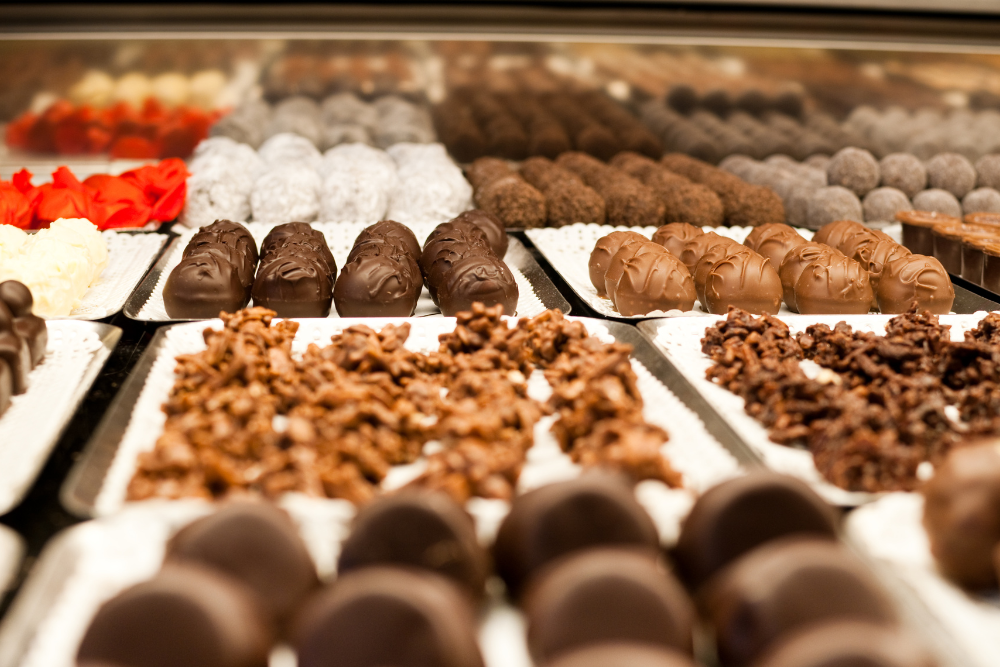
Switzerland’s food culture is a reflection of its diverse regions, which are influenced by both German, French, and Italian traditions. Sampling the country’s unique dishes is an essential cultural experience for any visitor.
- Swiss Fondue: Fondue, a classic Swiss dish, consists of melted cheese served with bread cubes for dipping. The most famous varieties are cheese fondue (made from a mix of Swiss cheeses like Gruyère and Emmental) and chocolate fondue (where fruits and marshmallows are dipped in melted Swiss chocolate). For a truly authentic experience, enjoy fondue in a cozy Swiss mountain hut.
- Rösti: A beloved Swiss breakfast dish, Rösti is a simple but delicious meal made from crispy, pan-fried potatoes. It can be found in many variations across the country, often served with eggs, bacon, or sausage.
- Swiss Chocolate: Switzerland is world-famous for its chocolate. Don’t miss the opportunity to visit a Swiss chocolate factory, like Lindt & Sprüngli in Zurich or Maison Cailler in Broc, where you can learn about the chocolate-making process and enjoy tastings.
- Swiss Raclette: Another popular dish is Raclette, which features melted cheese scraped onto boiled potatoes, pickles, and onions. It’s a communal dish enjoyed with family and friends, perfect for an alpine meal.
2. Explore Swiss Art and Museums
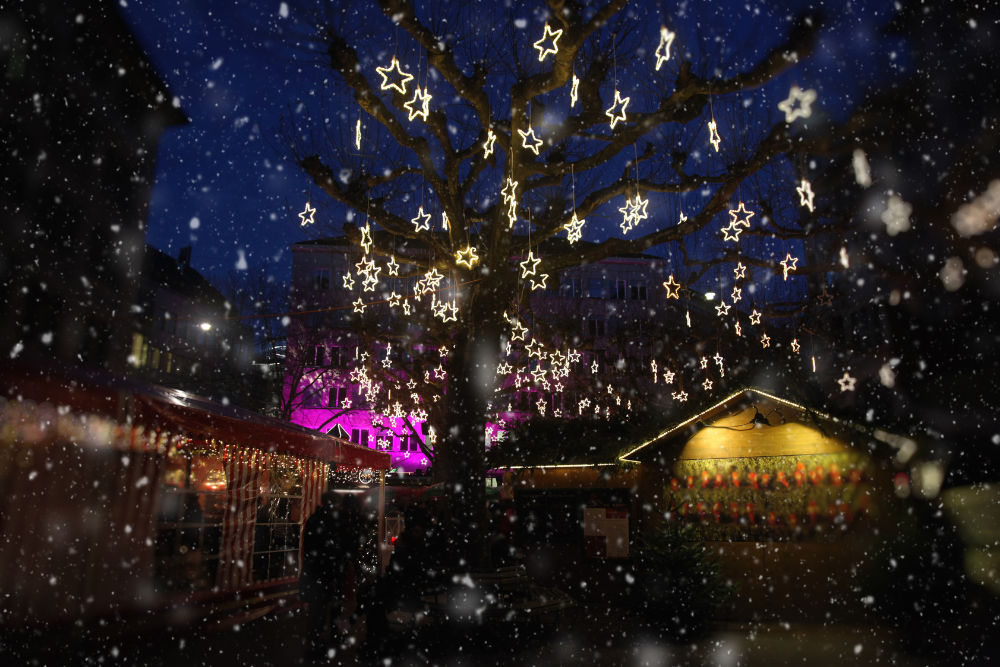
Switzerland is home to a wealth of museums and galleries that showcase its rich artistic and cultural history. From modern art to ancient artifacts, there’s something for every art lover.
- Kunsthaus Zürich: Located in Zurich, this is one of Switzerland’s most important art museums. It houses an impressive collection of works by Swiss and international artists, including pieces by Van Gogh, Monet, and Chagall.
- The Swiss Alpine Museum: In the capital city of Bern, this museum is dedicated to the culture, nature, and history of the Swiss Alps. It provides deep insight into the traditions and challenges of mountain life in Switzerland.
- Fondation Beyeler: Situated near Basel, the Fondation Beyeler is a world-class museum that features an extensive collection of modern art, including works by Picasso, Kandinsky, and Monet. The museum’s striking architecture and surrounding parkland make it a unique experience.
3. Attend Traditional Swiss Festivals
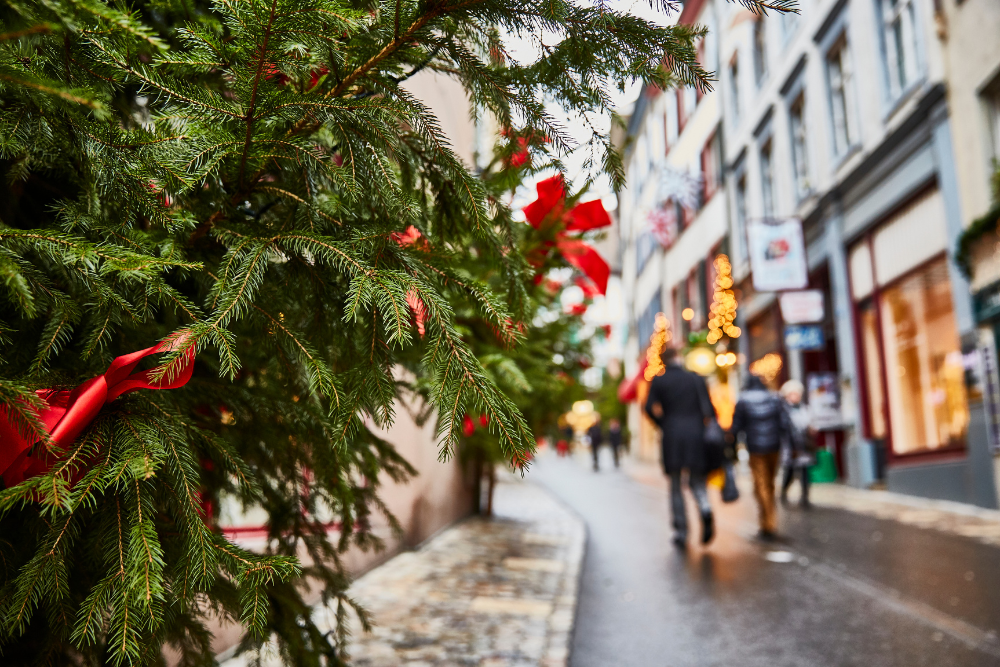
Switzerland’s festivals are a wonderful way to experience the country’s traditions, music, and local culture. Many of these festivals celebrate the seasons, agricultural life, or historical events.
- Fête de l’Escalade (Geneva): Held in December, this lively festival celebrates Geneva’s victory over the Duke of Savoy’s troops in 1602. Locals dress in period costumes, participate in parades, and indulge in the traditional marmite (chocolate pots filled with marzipan) while enjoying music and performances.
- Carnival in Basel: One of the most famous events in Switzerland, Basel’s Carnival is a three-day celebration of music, parades, and elaborate costumes. It usually takes place in February or March and features “Cliques”, groups of masked musicians that march through the streets, creating a vibrant atmosphere.
- Alpabzug: The Alpabzug, or the descent of the cattle from the mountain pastures, is a centuries-old tradition that takes place in many Swiss villages in late summer or early autumn. The event is marked by parades of cows adorned with flowers and bells, celebrating the end of the grazing season in the high Alps.
- Swiss National Day (1st August): Switzerland’s National Day is celebrated with fireworks, music, and traditional gatherings throughout the country. Festivities include speeches by local leaders, street parades, and family gatherings, all showcasing the unity and pride of the Swiss people.
4. Learn About Swiss History and Traditions
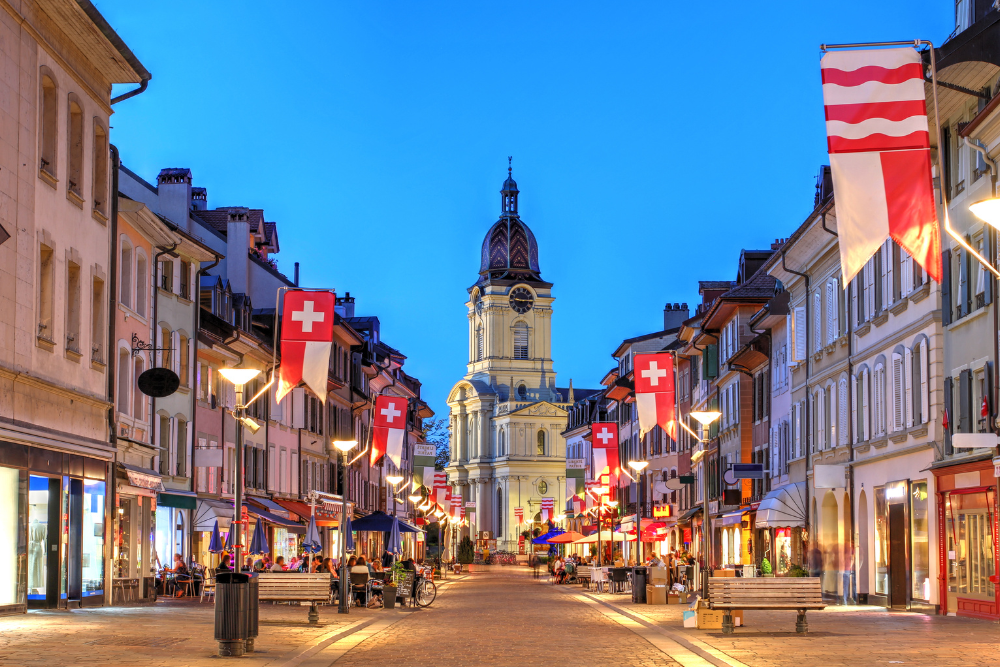
Switzerland’s cultural identity is deeply tied to its long and complex history. Understanding the country’s past is key to appreciating its modern-day culture.
- Swiss Watchmaking Tour: Switzerland is famous for its watchmaking tradition. A visit to a watchmaking workshop or museum is a great way to learn about the precision and craftsmanship that has made Swiss watches iconic. In Geneva, the Patek Philippe Museum showcases over 5 centuries of watchmaking history, while in La Chaux-de-Fonds, the International Museum of Horology offers a deep dive into the evolution of Swiss timepieces.
- The Matterhorn Museum (Zermatt): The Matterhorn Museum tells the story of the iconic mountain and the history of mountaineering in the region. Visitors can learn about the first ascent of the Matterhorn and the challenging life of Swiss mountain guides.
- Château de Chillon: On the shores of Lake Geneva, the Chillon Castle is one of Switzerland’s most visited historical sites. This medieval castle has stood for over 1,000 years and played a significant role in Switzerland’s history. You can explore its stunning architecture, view the dungeons, and learn about its historical significance.
5. Embrace the Swiss Language and Traditions
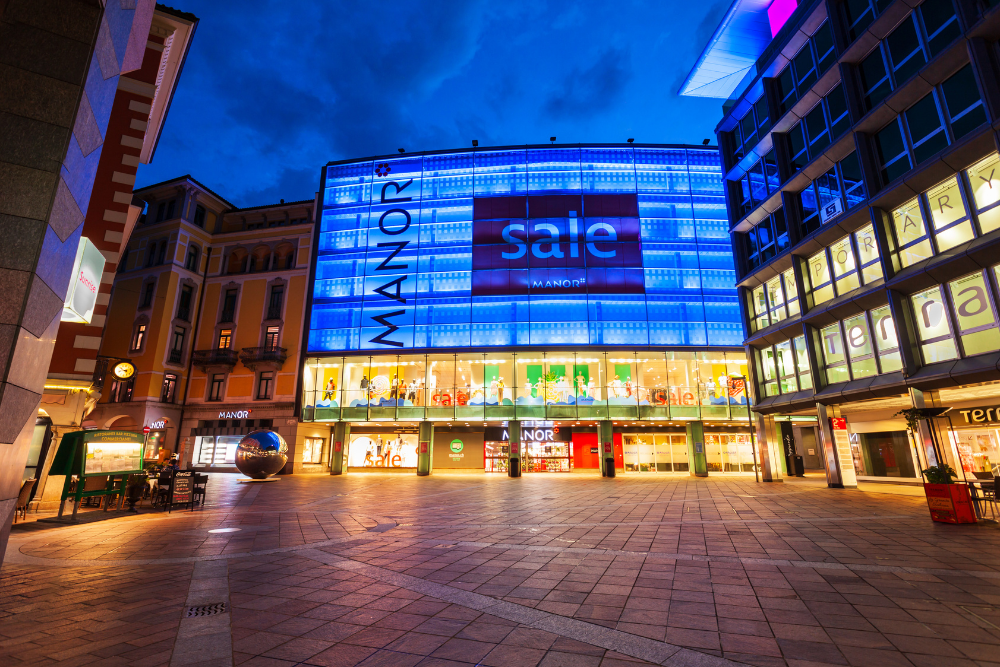
Switzerland has four official languages—German, French, Italian, and Romansh—reflecting its rich cultural diversity. Embracing local customs and learning some key phrases in these languages will enrich your experience.
- Learn a Few Words: While many Swiss people speak English, learning a few basic phrases in the local language will enhance your cultural immersion. In the German-speaking regions, learning “Grüezi” (hello) or “Danke” (thank you) is a great way to connect with locals.
- Traditional Swiss Music: Swiss folk music is an important aspect of its culture, with the iconic Alphorn being a symbol of the country. You might encounter live performances of traditional Swiss music in the mountains, especially during festivals and special events. The Swiss Yodel is another cultural tradition that can be enjoyed in rural regions.
- Swiss Customs: Embrace Swiss customs like “Swiss Afternoon Tea”, which usually consists of locally made cakes and pastries served with coffee. Participating in traditional Swiss board games, like Jass (a popular Swiss card game), can also offer insight into the country’s relaxed and communal social culture.
Conclusion
Switzerland is a country rich in cultural experiences that reflect its diverse traditions, languages, and history. From indulging in culinary delights like fondue and chocolate to exploring its artistic heritage and participating in age-old festivals, there’s no shortage of cultural activities to try. Whether you’re savoring Swiss delicacies, learning about local history, or enjoying time in the stunning Swiss Alps, every aspect of Switzerland offers a unique opportunity to immerse yourself in its fascinating culture.



